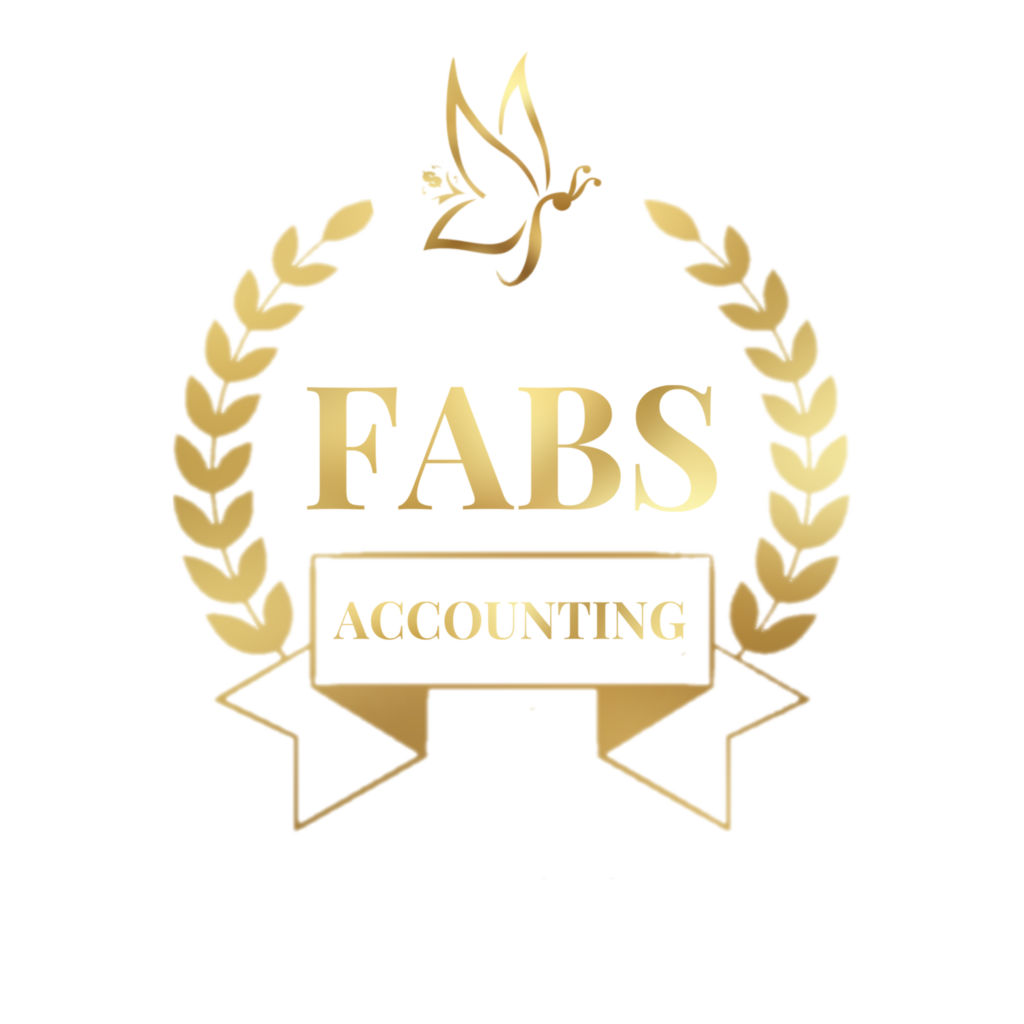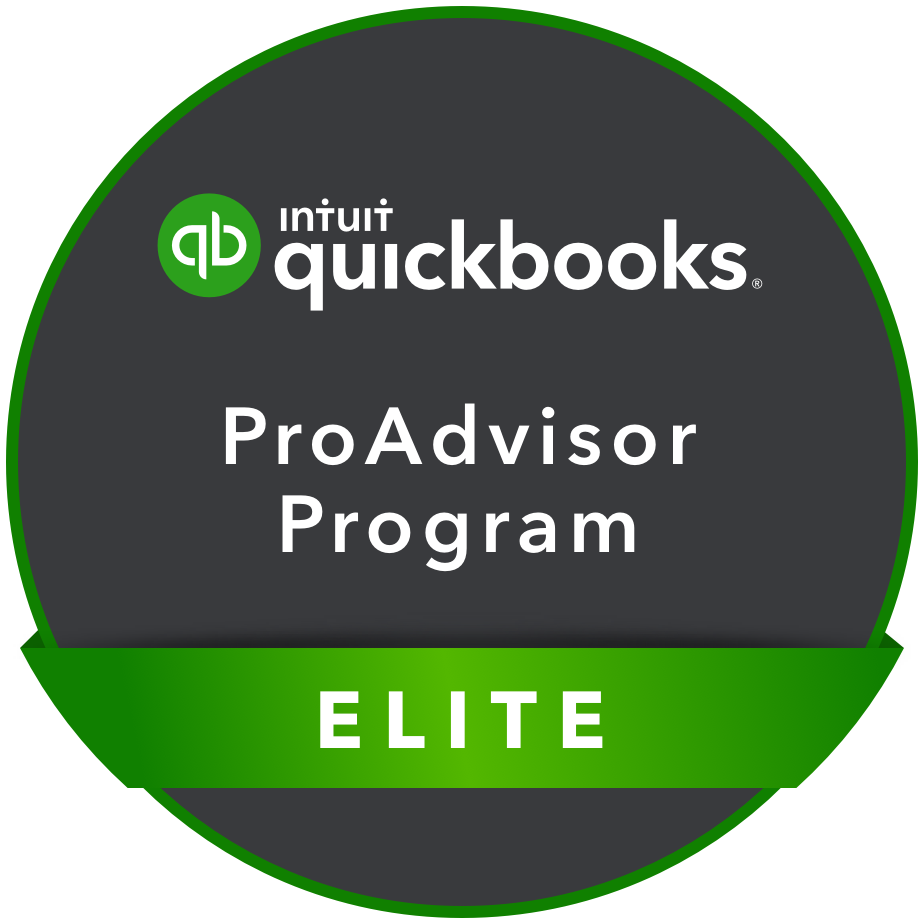In an increasingly complex financial landscape, the importance of financial literacy cannot be overstated. Whether it’s managing personal finances, understanding investment strategies, or navigating the nuances of debt management, financial literacy is a critical skill set for achieving economic stability and growth. Financial workshops and training programs are essential tools in equipping individuals with the knowledge and skills needed to make informed financial decisions. This article delves into the significance of these educational initiatives, their key components, and the impact they have on individuals and communities.
The Growing Need for Financial Literacy
In recent years, the global economy has witnessed significant shifts, including technological advancements in banking and finance, economic fluctuations, and changing job markets. These changes have heightened the need for robust financial literacy. According to the Organization for Economic Cooperation and Development (OECD), financial literacy is essential for individuals to manage their personal finances effectively, reduce financial stress, and achieve long-term financial goals. Despite its importance, many individuals lack the necessary financial knowledge, leading to poor financial decisions and vulnerability to economic shocks.
What Are Financial Workshops and Training?
Financial workshops and training programs are structured educational sessions designed to enhance participants’ financial knowledge and skills. These programs can range from short, single-topic workshops to comprehensive multi-session courses. They are often offered by financial institutions, non-profit organizations, educational institutions, and government agencies. The content of these programs can cover a wide array of topics, including:
- Budgeting and Saving: Teaching individuals how to create and maintain a budget, set savings goals, and build an emergency fund.
- Debt Management: Strategies for managing and reducing debt, understanding credit scores, and avoiding predatory lending.
- Investment Education: Basics of investing, understanding different types of investments, and strategies for long-term wealth building.
- Retirement Planning: Guidance on planning for retirement, understanding retirement accounts, and strategies for ensuring financial security in later years.
- Tax Education: Understanding the tax system, how to file taxes, and strategies for tax planning.
Key Components of Effective Financial Training
- Interactive Learning: Effective workshops often incorporate interactive elements such as group discussions, hands-on activities, and real-life case studies to engage participants and enhance understanding.
- Practical Application: Providing practical tools and resources that participants can use in their daily lives, such as budgeting templates, debt repayment calculators, and investment planning guides.
- Expert Facilitators: Experienced and knowledgeable instructors who can break down complex financial concepts into understandable terms and provide personalized guidance.
- 4. Ongoing Support: Offering follow-up resources and support to help participants implement what they have learned and continue their financial education journey.
- Inclusivity and Accessibility: Ensuring that workshops are accessible to diverse populations, including low-income individuals, students, and underserved communities.
Impact of Financial Workshops and Training
The benefits of financial workshops and training are far-reaching and multifaceted. Here are some key impacts:
- Improved Financial Health: Participants gain the skills to manage their money more effectively, leading to reduced debt, increased savings, and improved credit scores.
- Enhanced Economic Stability: Financially literate individuals are better equipped to weather economic downturns and unexpected financial challenges.
- Empowerment and Confidence: Gaining financial knowledge boosts individuals’ confidence in their ability to make sound financial decisions.
- Community Development: Financially educated individuals contribute to the economic health of their communities, fostering a culture of financial responsibility and stability.
- Reduction in Financial Inequality: Providing financial education to underserved populations helps bridge the gap in financial knowledge and resources, promoting greater economic equality.
A Case Study: Freedom Accounting & Business Services, LLC (FABS)
An exemplary provider of financial workshops and training is Freedom Accounting & Business Services, LLC (FABS). FABS offers a variety of services aimed at enhancing financial literacy and supporting business growth. Their offerings include:
- Accounting Services: Expert finance and accounting services to help businesses manage their finances efficiently.
- Income Tax Services: Comprehensive tax preparation and planning services for individuals and businesses.
- Small Business Services: Support for new and established businesses, including the latest computerized technology and financial management.
- Human Resource Management: Effective and cost-efficient HR management solutions.
FABS’s commitment to providing high-quality, accessible financial services has made them a valuable partner for businesses and individuals seeking to improve their financial health and achieve long-term success.
Conclusion
Financial workshops and training programs play a crucial role in promoting financial literacy and empowering individuals to achieve economic stability and success. As the financial landscape continues to evolve, the need for these educational initiatives becomes increasingly important. By providing accessible, practical, and comprehensive financial education, we can equip individuals with the tools they need to navigate their financial futures with confidence and resilience. Investing in financial literacy is an investment in the economic well-being of individuals, families, and communities.
For more information on financial services and educational programs, visit Freedom Accounting & Business Services, LLC (FABS).



